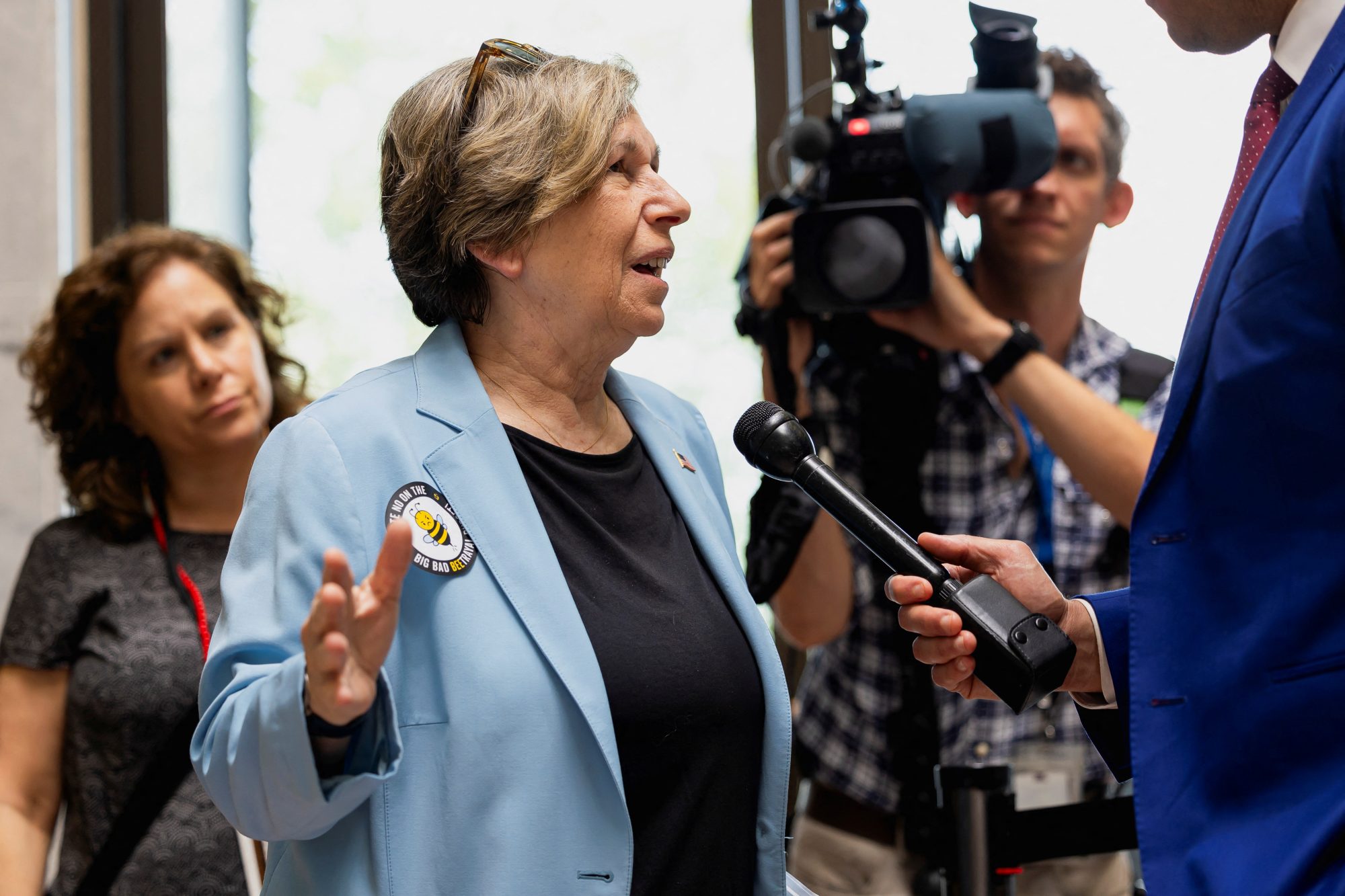A controversial alliance between a prominent teachers union and a globalist organization is sparking alarm among education reform advocates, who warn of its potential to fundamentally reshape American schooling and compromise individual liberties.
The President of the American Federation of Teachers, Randi Weingarten, recently unveiled a partnership with the World Economic Forum, an initiative poised to introduce a new curriculum into schools across the nation. This move has been met with significant skepticism, particularly given the historical criticisms leveled against centralized educational frameworks such as Common Core.
Critics argue that the World Economic Forum’s track record of advocating policies that often undermine national industries makes Weingarten’s assurances of “good jobs and solid careers in US manufacturing” through this curriculum highly dubious. The partnership raises questions about the true beneficiaries and long-term economic implications of such an educational shift.
This development aligns with Randi Weingarten’s established pattern of seeking centralized control within the education policy landscape. Her teachers union has historically demonstrated a propensity for leveraging its considerable influence to shape institutions and impose its will, a dynamic that observers suggest is further amplified by this new international collaboration.
Beyond curriculum changes, Weingarten’s recent convention address also included a call to action, urging her members to actively “fight like hell” against lawmakers who challenge her agenda. This directive highlights the deeply intertwined nature of education and politics, suggesting a broader effort to enforce a particular ideological viewpoint across school systems.
Weingarten’s strategic opposition to proposals aimed at decentralizing education, such as those championed by former President Donald Trump, underscores her preference for a single federal institution. This preference is rooted in the perceived ease with which a monolithic system can be influenced by a powerful teachers union, as opposed to navigating the diverse interests of thousands of independent state and local school boards.
The profound concern among opponents is that this globalist agenda, facilitated by the partnership, risks transforming educational institutions into conduits for specific ideologies. The fear is that students could be systematically programmed to prioritize collective mandates over individual freedom, thereby subtly eroding core democratic values.
In this context, school choice emerges as a critical countermeasure, empowering parents to direct their children’s educational funding towards institutions that best align with their values and meet their unique needs. This approach champions parental rights and local autonomy, offering an alternative to a top-down, centralized educational model.






Leave a Reply